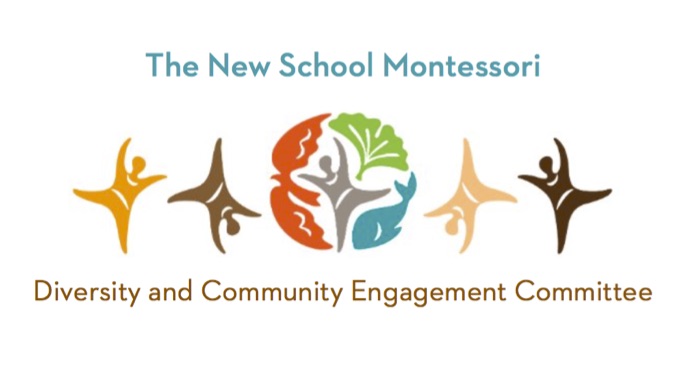I hope you all enjoyed last night’s Community Conversation, and many thanks to Sarah Corlett and Gina Sabato for all their hard work in organizing the event. Although I wasn’t able to attend, I did watch Priya Vulchi and Winona Guo’s TED Talk video and want to share some of my thoughts.
A couple of weeks ago, Allie wrote about the process of “unlearning,” and I think for many of us in America, developing racial literacy—of both the head and heart varieties—requires a kind of “unlearning.” For me, this process is about overriding my defaults.
Our brains are notoriously lazy and want to make things as easy as possible, meaning we spend much of our day coasting on autopilot and using mental models or schema to help us make decisions. Driving to The New School is an example of our brains on autopilot: have you ever pulled into the parking lot only to realize you had no idea how you got there? You don’t a remember a single moment of the drive? Your brain was on autopilot and you are not alone!
Stereotypes are the classic example of our brain using mental models or schema: Oh, I met a person like this once, and they (fill in the blank), so now every time I see a person like this, I’m just going to assume that they (fill in the blank).
With this kind of thinking (or not thinking), our brains are trying to conserve resources. But relying on “defaults” (as I like to call these schema or models) also means that we miss what’s actually happening. We miss who someone actually is.
We miss who someone actually is.
What can we do to correct this situation and to ensure that we are more present to the people and situations in our life? I don’t have all the answers, or really any answers, but I’ll be back next week to share some of my experiences.
Hope Miller (committee member)

